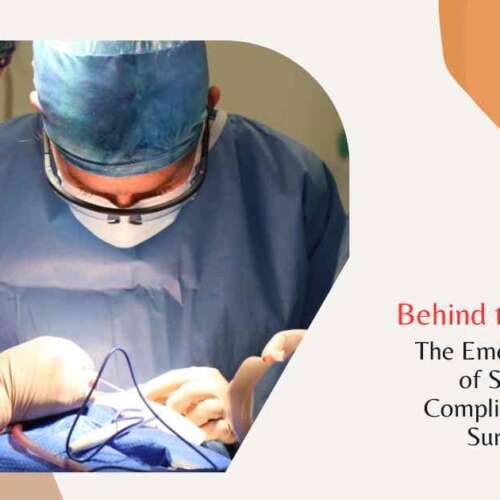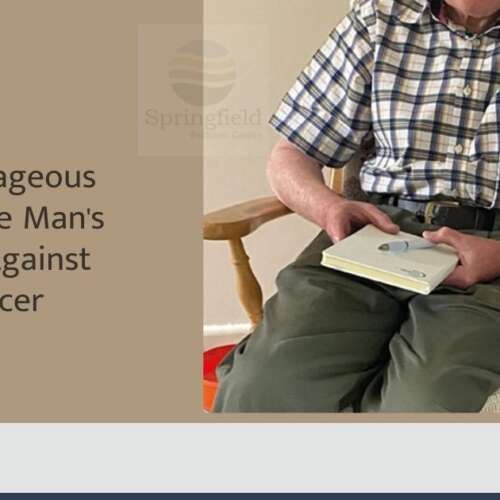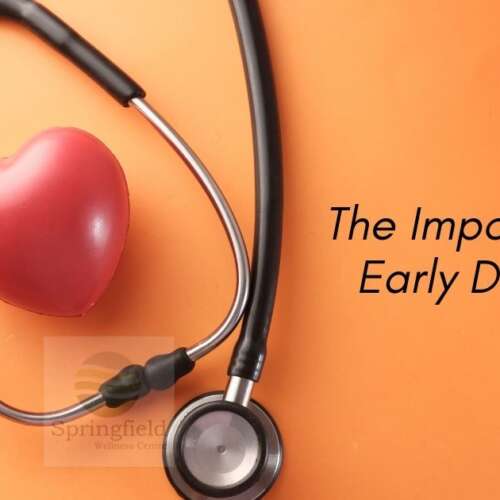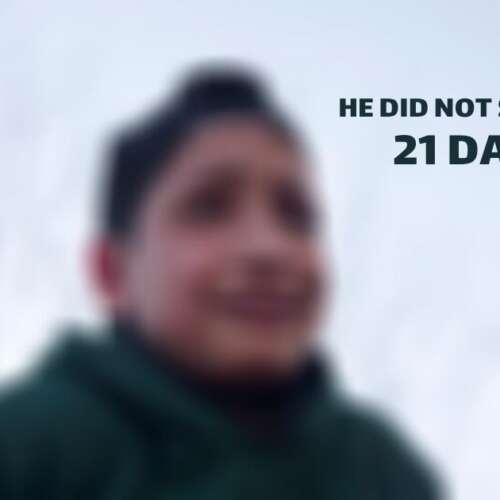Surgery-related problems have a significant psychological impact on the surgeon in addition to having a physical impact on the patient. It is important to stress that surgical complications are different from surgical negligence. Largely surgical complications occur even when a surgical procedure goes smoothly and sometimes it is inevitable. But one must not undervalue the emotional toll they have on the surgeon.












